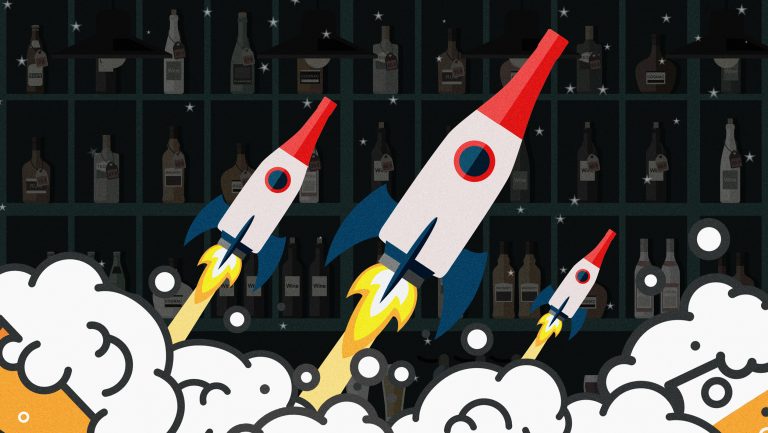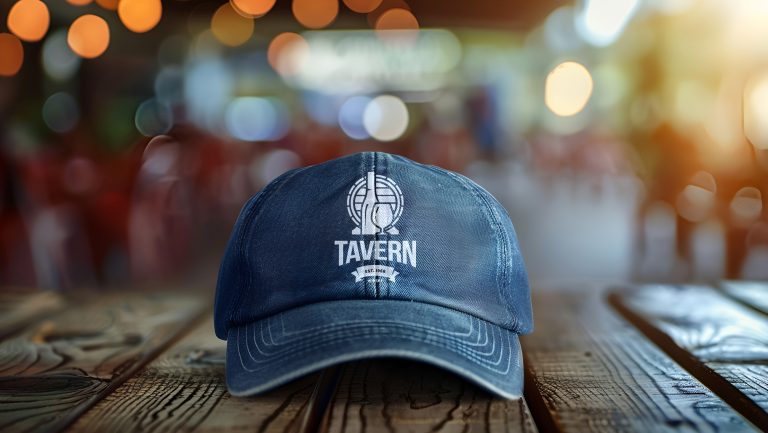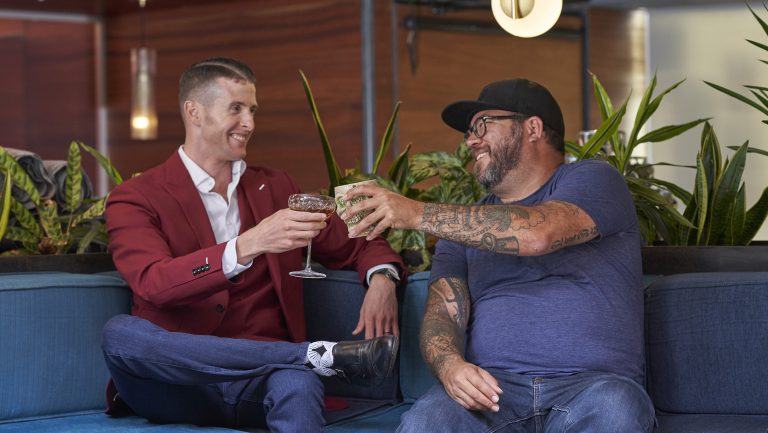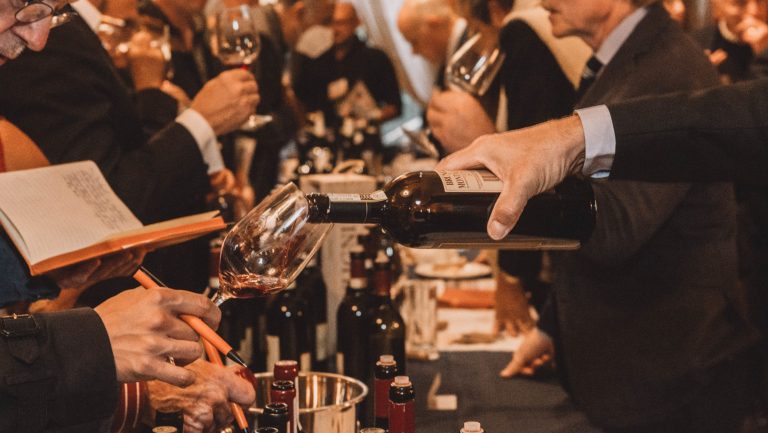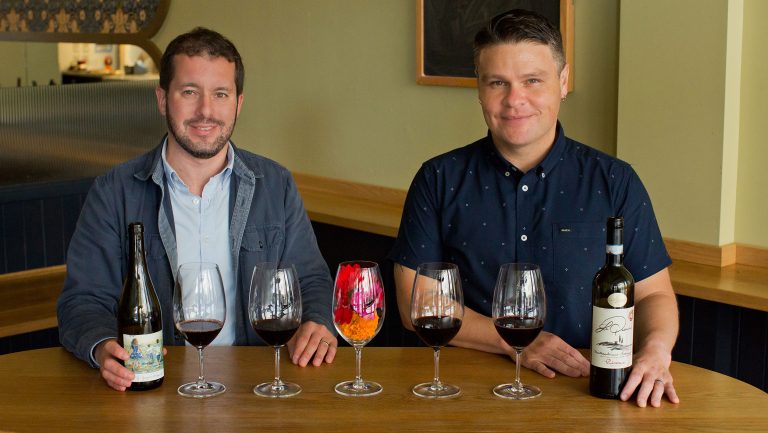You’ve decided to start a new business in the beverage alcohol industry, nailed down the concept, and are ready to hit the ground running. But between now and opening day there’s a minefield of legalities and logistics to manage. While starting any new business is a daunting task, the beverage alcohol industry can be particularly tricky from a legal perspective.
“An alcohol beverage business is highly regulated at both the federal and state levels, and in some cases, the local level as well,” says Michael B. Newman, a partner, based in San Francisco, at the nationwide law firm Holland & Knight and the head of the firm’s Alcohol Beverage Team. That’s why Joe Campanale, the owner of Fausto in Brooklyn, New York, recommends seeking expert advice quickly. “Have a great liquor license attorney [who] will protect you from any common missteps. Make the lawyer your best friend throughout the process.”
The legal and logistical steps toward creating a new beverage alcohol business differ between the supplier side, including wineries, distilleries, and breweries, and the distributor side—wholesalers, retailers, and restaurants. And there is rarely a clear path to follow. Don’t let that stop you, though. SevenFifty Daily spoke to attorneys specializing in the alcohol industry, as well as a restaurateur, to get their thoughts on avoiding missteps when launching a drinks business. (Please note that this article is not intended to provide specific legal advice, and beverage alcohol startups should instead consult an attorney directly for individual legal counsel.)

Don’t miss the latest drinks industry news and insights. Sign up for our award-winning newsletters and get insider intel, resources, and trends delivered to your inbox every week.
1. Consider forming a corporate entity.
Before finalizing a business model and filing for any licenses or permits, it’s important to consider whether or not to form a corporate entity to house the business. While this is not essential, it may be advisable. “Usually the requirements for forming a corporate entity are worthwhile to avoid personal liability,” Newman says. Consult both an accountant and an attorney to decide what type of corporate entity would work best for the business: a corporation, an “S” corporation, a “C” corporation, a limited liability company, or a limited partnership.
2. Do research to avoid trademark infringement.
“Trademark infringement is one common mistake,” says Robert C. Lehrman, the principal attorney at Lehrman Beverage Law in Oakton, Virginia, just outside Washington, D.C. “With the rise of the Internet and many lookup services, it should be possible in most instances to avoid unpleasant surprises of this type.” Use the U.S. Patent and Trademark Office’s database search to ensure that your business name isn’t already being used by another alcohol beverage business. But note that there are a few quirks to the system. The Patent and Trademark Office considers all alcoholic beverages related, so if a winemaker wanted to launch under the name “Allagash Family Winery,” the trademark would probably be denied because of its similarity to Allagash Brewing Company.
3. Research state and local regulations, particularly when it comes to the three-tier system.
The U.S. three-tier system can have major consequences for a new alcohol business, so it’s important to understand how the system operates in the state and local area of the business. “A new business needs to make sure that it doesn’t overstep the boundaries of what federal and state alcohol beverage regulations allow,” Newman says. “Depending on the state, [three-tier system restrictions] can limit the business to operating in only a single tier.” In some states, business owners and principals cannot hold interests in more than one tier of the system, which is a consideration for a retail shop owner who also wants to launch a small winery, for example. State and federal permit and license applications will require owners of a new business to declare interests in any other alcohol businesses, so be sure you know what the regulations are before you apply.
4. Expect plenty of waiting and red tape when it comes to licenses and permits.
As anyone who tried to secure federal permits during the government shutdown can attest, the process of applying for and obtaining the right licenses and permits can take longer than one might expect. “One big mistake is not getting the process started early enough,” Campanale says. “You don’t want to be in a situation where you’re paying rent and waiting on the SLA (State Liquor Authority).” New beverage businesses must apply for both federal and state alcohol licenses, and some local entities—like cities, towns, and counties—may require licenses as well. Newman notes that applying for a federal permit can take several months, though the Alcohol and Tobacco Tax and Trade Bureau claims that its new online permit application shortens the process. The specific licenses and permits required will vary from business to business, but those starting a business as a beverage supplier or producer should expect more extensive paperwork. “The business has to explain more about the production process,” Newman explains, “and deal with the federal and state excise tax requirements.”
5. Take franchise laws into account when operating in a new state.
Franchise laws, which vary state by state, make it difficult for suppliers or producers to terminate relationships with in-state distributors. While these laws were originally created to protect local businesses from big, powerful suppliers, they can actually hurt boutique, startup businesses. Says Lehrman, “These are state laws that say [that] if you sell a few cases of beer to a wholesaler in Florida, for example, it may not be so easy to change wholesalers at a later point.” If your new business is entering a franchise state, research and find out how difficult it will be to change distributors if necessary, and only work with distributors that you trust.
6. Seek other resources within the industry for advice.
On the supplier side, Lehrman recommends that new business owners learn about the intricacies of the industry by going directly to the source: similar businesses. Trade shows are excellent resources. “They provide an easy way to get to know businesspeople who may be a few years ahead and willing to share information,” Lehrman says. For spirits producers, he recommends attending conventions held by the American Distilling Institute and the American Craft Spirits Association, as well as classes and seminars offered by Moonshine University in Louisville, Kentucky, that address compliance.
7. Protect trade secrets as much as possible.
Lehrman warns against a worst-case scenario—”Coming out with a powerhouse product and building sales, and then not having any way to block others from taking away the best parts of your idea.” Unfortunately, he can’t outline a foolproof way to avoid such a situation, as it’s hard to protect beverage ideas by means of patents that would protect businesses in other fields, as a business owner must prove that a beverage innovation truly is unique. Registering a trademark or creating a great brand name can help. For instance, it’s difficult for Coravin and Zalto to legally bar other companies from using similar technologies or designs, but each has cultivated a strong brand identity in the beverage industry, which gives them strength and garners loyalty among consumers.

Dispatch
Sign up for our award-winning newsletter
Don’t miss the latest drinks industry news and insights—delivered to your inbox every week.
Courtney Schiessl Magrini is the editor-in-chief for SevenFifty Daily and the Beverage Media Group publications. Based in Brooklyn, she has held sommelier positions at some of New York’s top restaurants, including Marta, Dirty French, and Terroir, and her work has appeared in Wine Enthusiast, GuildSomm, Forbes.com, VinePair, EatingWell Magazine, and more. She holds the WSET Diploma in Wines. Follow her on Instagram at @takeittocourt.

